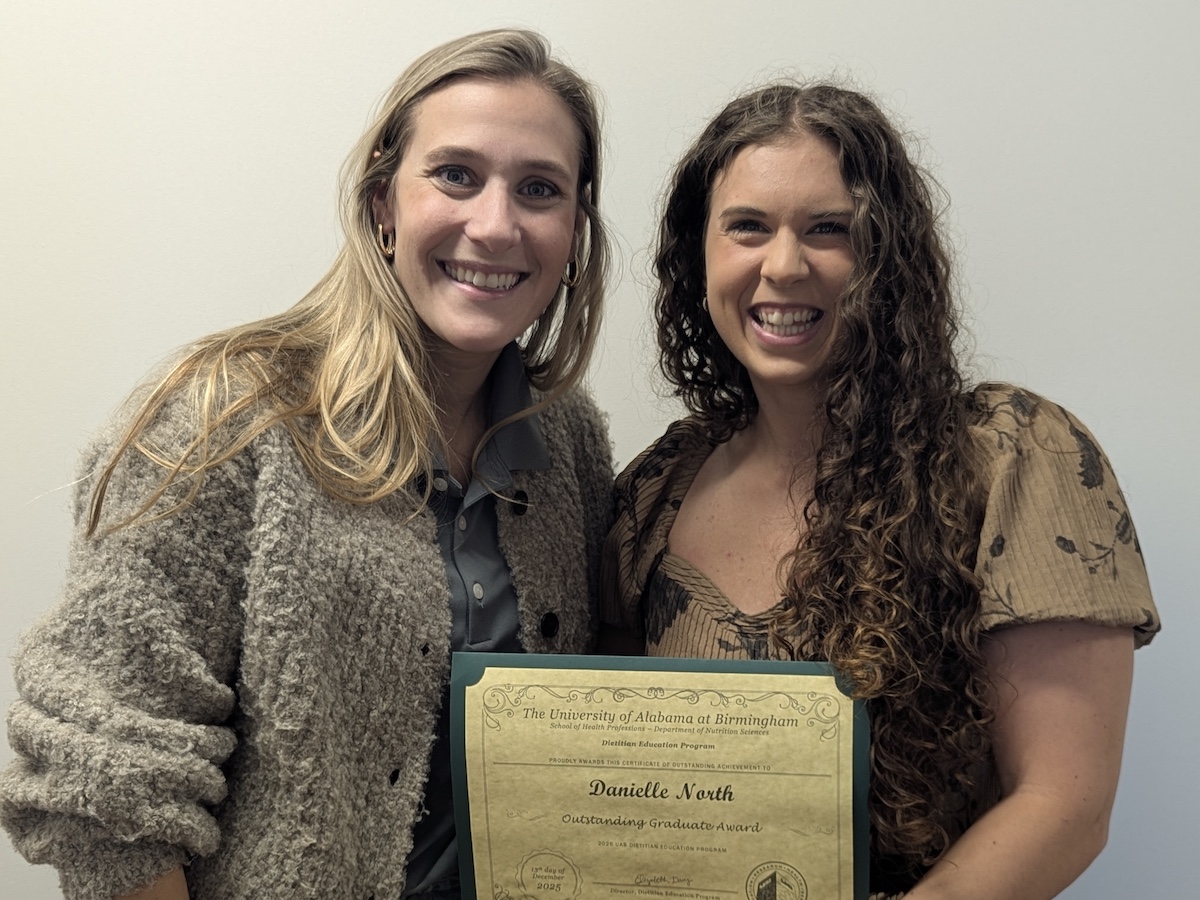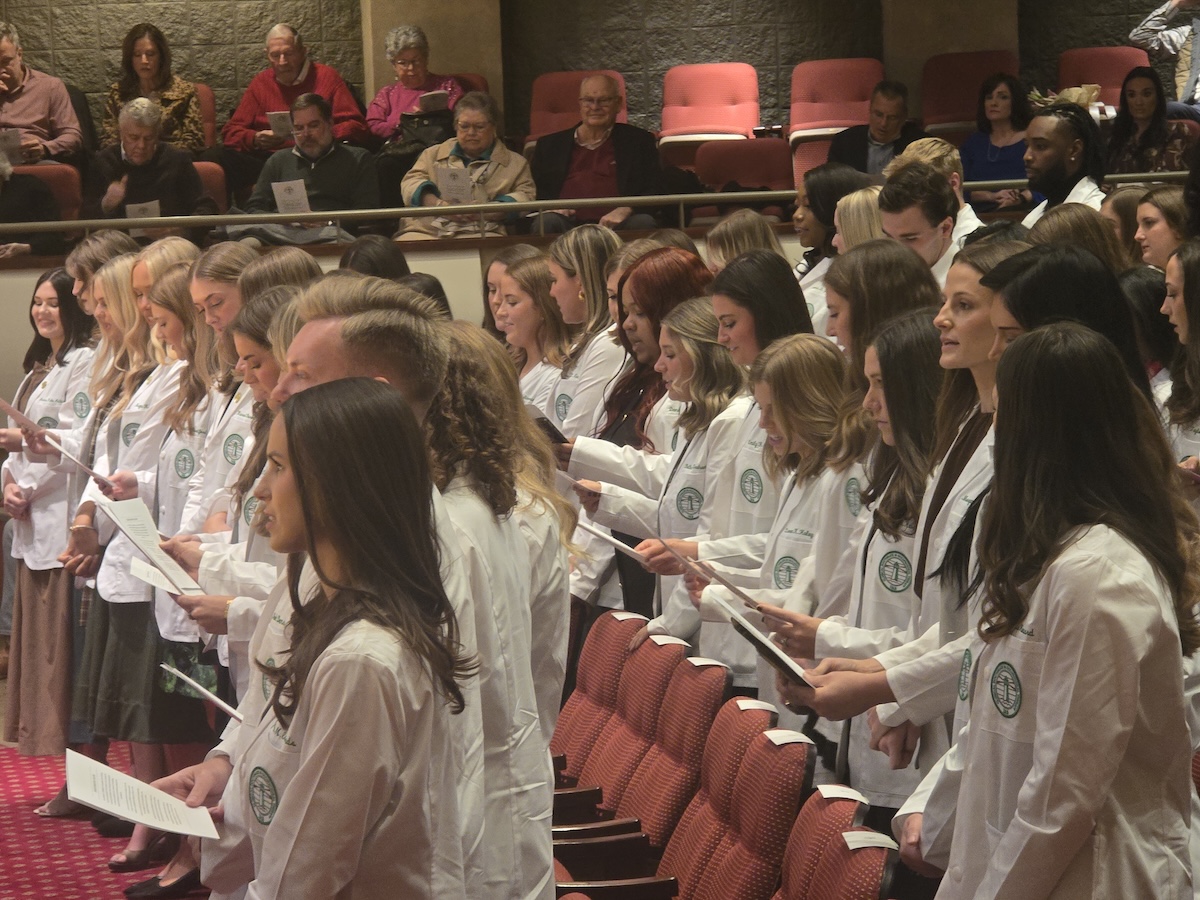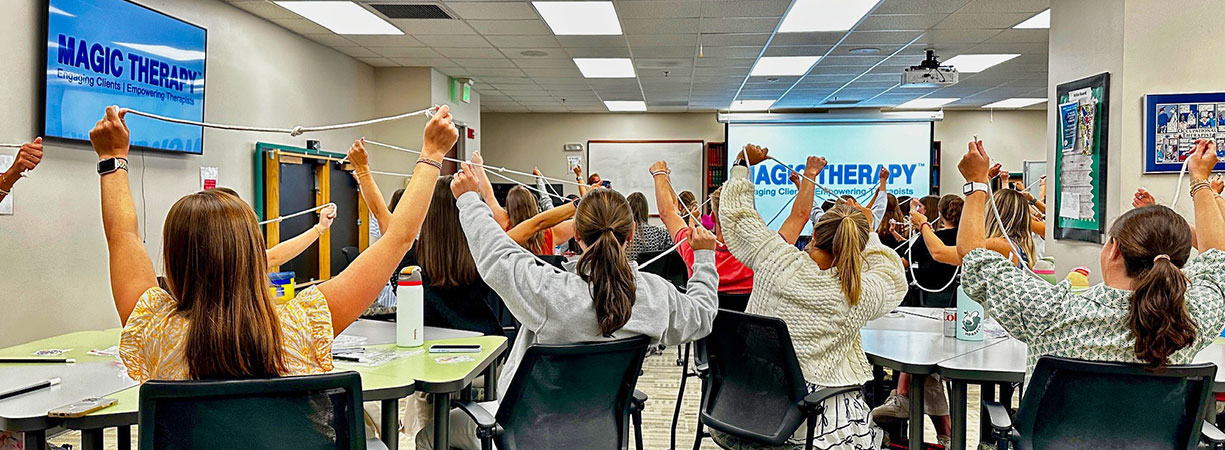
Each summer, the Department of Occupational Therapy joins with UAB Arts in Medicine to host two 4-week virtual magic camps for children with disabilities. It’s a unique skill-building opportunity for both the children and graduate students in UAB’s Entry-Level Clinical Doctorate in Occupational Therapy program, who complete one of their Level I Fieldwork experiences as camp coaches.
During summer 2024, 34 campers and 58 OT students took part in the evidence-based program, held on Zoom. Pairs or trios of student coaches worked with the same child throughout the camp, teaching them to do illusions with scarves, cards, ropes, dollar bills, and other everyday items.
The goal for campers, who range in age from 9 to 18 years, is to build their confidence and self-esteem. Mastering the tricks and demonstrating them for their peers and families also improves their fine motor, listening, problem-solving, and social skills. All this happens in a way that captures the campers’ interest and imagination and makes the program’s therapeutic aspects vanish into the background. The OT students train for months to accomplish this.
Professional magician Kevin Spencer, PhD, an authority on the therapeutic use of magic in physical and psychosocial rehabilitation, developed the magic tricks and the training needed to teach them. He visits UAB in the fall and spring semesters to deliver hands-on lecture–performances to prepare the students as camp coaches. The students can also access his online library of training videos to practice in the run-up to the summer camps.
Spencer, whose PhD dissertation explored the magic camp experience from OT students’ perspectives, said that almost all reported gaining confidence, communication skills, and a deeper understanding of the connections between magic tricks and the goals of occupational therapy. (Learn more about Spencer and his programs on his website.)
Virtual Camps Reflect Key Aspects of Real-world OT Care
The Department of Occupational Therapy has been holding the summer camps since 2019. That camp was a small version of the current Magic Camp, and was held in person on the UAB campus, with parents and caregivers dropping off their children for the half-day sessions. During the COVID-19 pandemic the camp switched to a virtual platform.
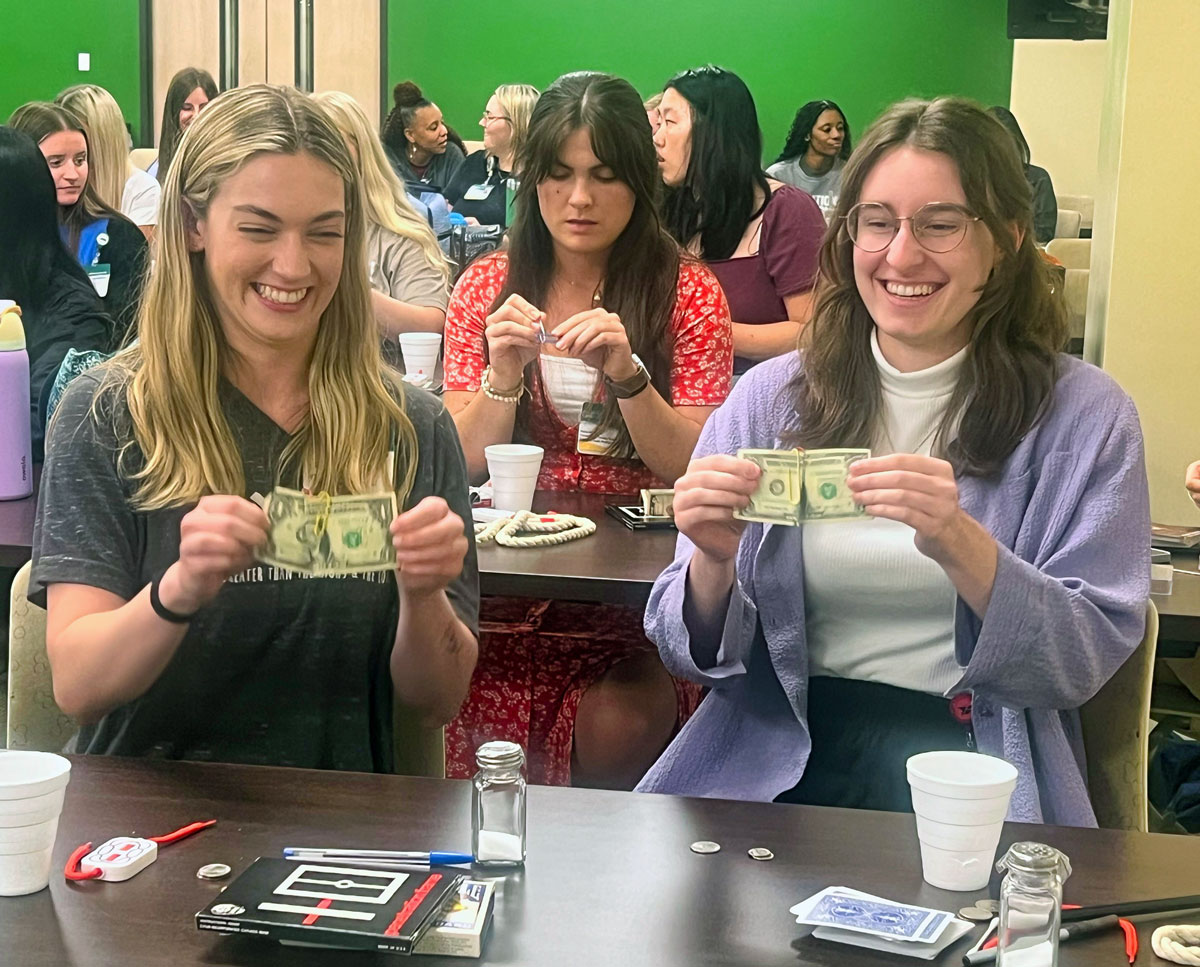
“At first, I didn’t think a virtual camp would work as well as in-person for either campers or our students, but this change proved otherwise,” said Director of Clinical Education of Occupational Therapy Deek Cunningham, PhD, OTR/L. “The campers were more relaxed because they were in their own environment, and they and their families could join camp from anywhere in the world—we’ve had campers from as far away as Alaska and the UK.”
“The virtual camps also involve parents and caregivers, an experience that mirrors some key dynamics in real-world clinical practice,” said Cunningham.
“Students take on an educator role, teaching parents and caregivers how to help their children learn to do the tricks,” he said. “Family training and education are a big part of what happens every day in OT clinics, and meeting that challenge in magic camp increases our students’ self-confidence and self-esteem.”
That was the experience for OT student Jada Roberts, who noted, “It gave me the confidence to work with future clients and their families. It was also an opportunity to collaborate with my magic camp partner—and to build a trusting relationship with the families.”
The next step for Magic Camp is to implement a hybrid camp, open to both virtual and in-person campers.
A Training Ground for Soft Skills and Empathy
Academic Fieldwork Coordinator Haley Curry, OTD, OTR/L, said that when students reflect on their magic camp experience, they often name soft skills as their area of greatest improvement.
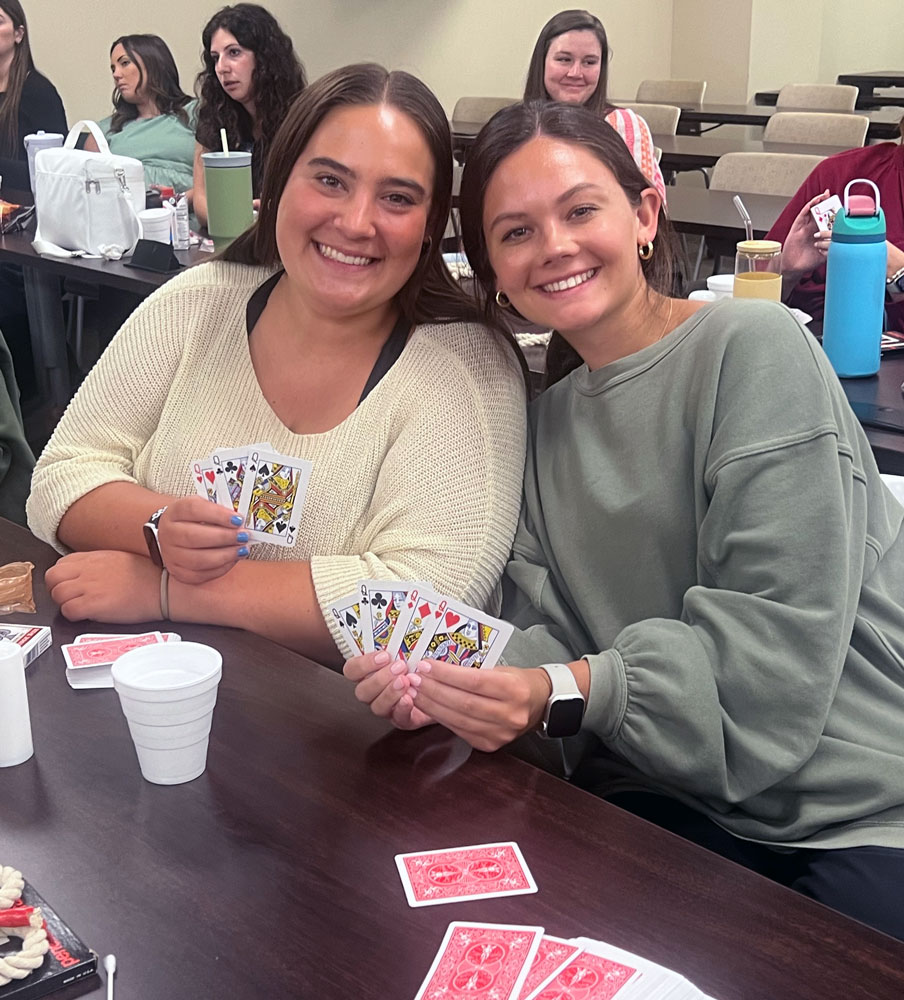
“It can be challenging, for example, to help children over Zoom when they need more hands-on assistance,” Curry said. “To successfully navigate these issues and others, our students must develop time management and problem-solving skills, which helps them become better leaders.”
Spencer said that acting as camp coaches helps students discover a new level of empathy and patience for their campers—and a new way of thinking about therapy.
“Students abandon preconceived ideas of what ‘therapy’ should look like and gain an appreciation for the flexibility magic tricks can offer in addressing many different therapeutic areas,” he said.
OT student Liz Cameron took part in both of last summer’s magic camps, which helped her modify the program for individual campers. “I was able to gain unique experiences with two children, which influenced how I introduced tricks and kept my campers engaged,” she said.
She noted that one of her campers had difficulty with fine motor manipulation but was ultimately able to complete some harder tricks with modifications and help from his mother. “I genuinely enjoyed watching each of my campers make remarkable progress while having fun,” Cameron said.
Her classmate Anna Portwood, who also coached children in both summer 2024 camps, said, “The experience that stood out to me was how grateful the parents were. Our July camper’s mom said her son is ‘not much for words,’ but was able to come out of his shell and make friends with neurotypical individuals.”
Portwood said that seeing the benefits to her campers and their families motivated her and her magic camp partner to return to each Zoom camp session determined to improve on their last lesson.
“I am so proud of our campers and cannot wait to see what they do in the future,” she said.
